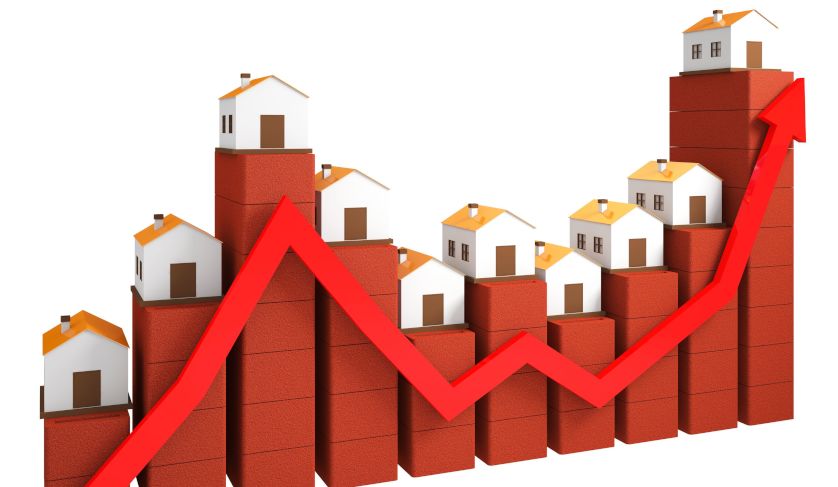Down to depreciation

Tax depreciation is something few investors know or are advised about although it can be a doorway into making your first, or subsequent investment properties, more affordable.
Investors rarely take into account tax depreciation when considering their financials yet ironically this can often make the difference between a viable and non-viable investment opportunity.
One of the secrets to successful property investment is through understanding how to structure depreciation so that it’s offset against your personal tax – raising your actual cash income and making the investment more affordable through aiding your cash flow.
Cash flow is so important during the first few years of a property investment and tax depreciation entitlements help investors maximise cash flow. Speak to your accountant, but the benefits of tax depreciation on investment properties can be recovered in one of two ways.
The first is at the end of the financial year when you prepare your tax return. The second is through the submission of an ITWV claim whereby you will regain the depreciation through your normal PAYG contributions, whether this is weekly, fortnightly or monthly.
But back to the importance of cash flow. If there is a property that you are considering, but feel that the out of pocket costs would stretch your finances, effective tax depreciation could make the difference between whether to go ahead or not.
Depreciation may actually make the property a feasible option by providing additional cash in your pocket, facilitating payment of some of the out of pocket expenses.
For example, a property with $8,000 in depreciation for the 2010 year could have saved you $2,400 in tax if you were paying 30 per cent tax or $3,600 at the 45 per cent tax rate. This is a monthly saving – or otherwise additional income – of $200 to $300.
Sadly, inexperienced investors all too often overlook depreciation and subsequently dismiss perfectly viable investment opportunities. And for some investors, depreciation can even bring them down a tax bracket or two. A property returning a profit can also potentially be turned into a loss, saving the investor on tax payments.
I always tell my clients that tax depreciation should be the last factor when deciding which property to buy – consider it as the icing on the cake or the ‘deal maker’.
The main factors you should consider are capital growth, buying costs, rental potential, location, and then finally – when everything else meets your criteria – factor in the likely tax depreciation.
Tax depreciation can be found on all investment properties, including older, renovated and new properties.
You should use a quantity surveyor who under the recent legislative changes must also be a registered tax agent – they will inspect the property and work out the depreciation for you.
Their fee is also 100 per cent tax deductible and you only need to get the report prepared once for the life of the building.
Tracey Lunniss is associate director of TSL Pty Ltd Chartered Quantity Surveyors
